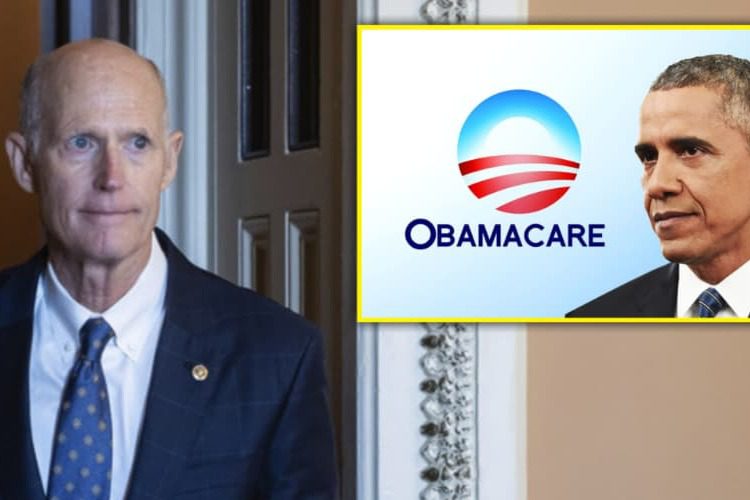Senator Rick Scott Jumps Into Action After President Trump’s Demand — Drafts New Bill to Redirect Obamacare Subsidies Directly to Americans’ Health Accounts, Leaving Schumer Cornered
In a move that could redefine the health care debate ahead of the 2026 elections, Senator Rick Scott has announced that he is drafting legislation directly aligned with President Donald Trump’s call to end Obamacare subsidies for insurance companies and instead send that money straight to the American people. The Florida Republican, known for his sharp criticism of government waste and bureaucratic spending, made the announcement shortly after Trump’s viral Truth Social post urging Congress to redirect hundreds of billions of dollars in Obamacare funding toward citizens through Health Savings Account-style programs.
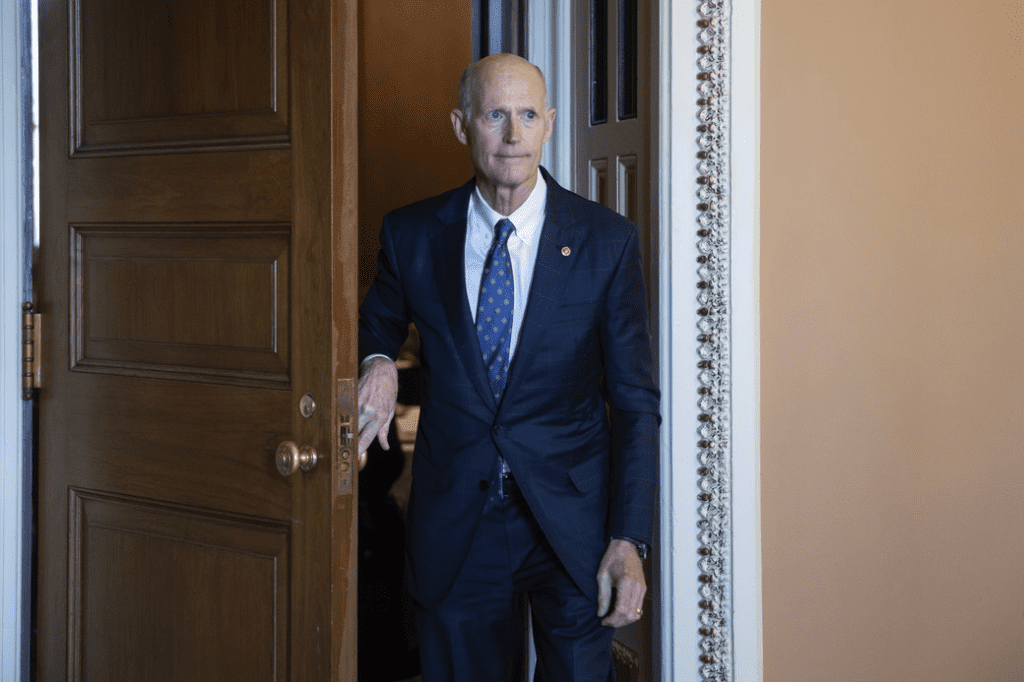
Scott’s message was clear and immediate. “I’m writing the bill right now,” he declared, emphasizing that taxpayers deserve control over their own health care dollars rather than funneling them through what he called “big insurance middlemen.” His proposal would allow Americans to receive government health care subsidies directly into their own personal accounts, empowering them to choose their own providers, plans, and treatments — a market-based alternative to the Affordable Care Act’s complex subsidy system.
“We must stop taxpayer money from going to insurance companies and instead give it directly to Americans in HSA-style accounts,” Scott said in a post on X. “Let them buy the health care they want. This will increase competition and drive down costs.”
The announcement marks a pivotal moment for the Republican Party’s renewed offensive against Obamacare, which has been a defining issue since its inception. With Trump back in the White House and key Senate allies taking swift action, the party appears unified in its push to dismantle the last major pillar of the Obama-era program. Scott’s bill is expected to become a cornerstone of what conservatives are calling the “Direct-to-People Health Freedom Act,” a reform initiative that could reshape how health subsidies are distributed across the nation.
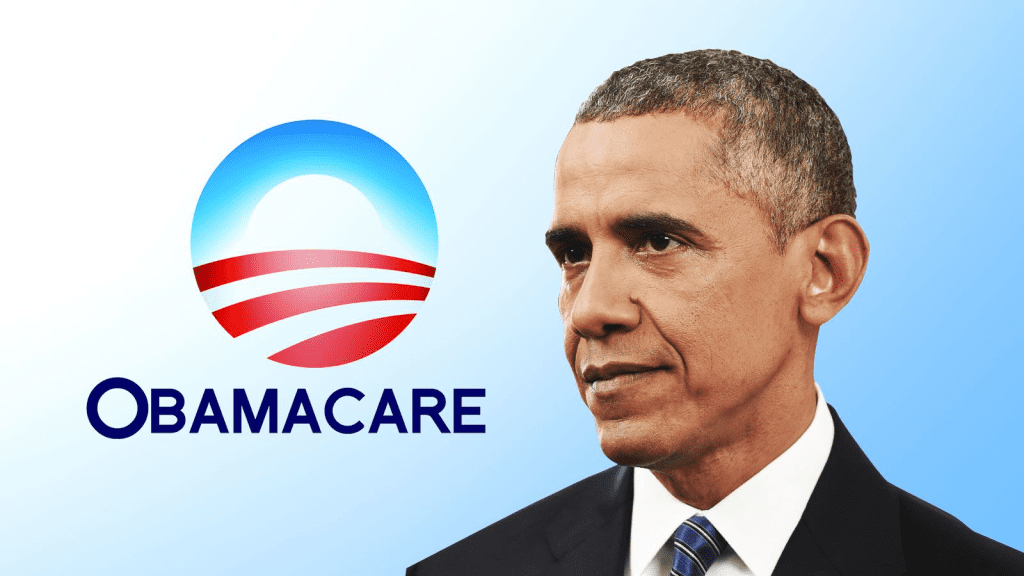
President Trump’s post on Truth Social that inspired the bill was unmistakably bold. “Instead of sending hundreds of billions of dollars to greedy insurance companies, let’s send it to the people,” Trump wrote. “Let them buy their own health care — better, cheaper, and more personalized. Take the power away from the bureaucrats and give it back to the American citizens where it belongs.” Within hours, the post was shared widely across social media platforms, sparking a surge of support among conservative voters and lawmakers alike.
The political implications are enormous. For years, critics of Obamacare have argued that its system of subsidies benefits insurance companies more than the average citizen, trapping millions in plans with high premiums and limited networks. By redirecting that money to individuals, Scott’s plan would represent a dramatic ideological shift — one that redefines health care as a matter of consumer empowerment rather than government dependency.
“Every American should be able to make their own choices about their health care without being forced into a one-size-fits-all government program,” said a senior Senate aide familiar with the legislation. “This is about putting power back into the hands of the people and removing the layers of bureaucracy that have driven up costs for years.”
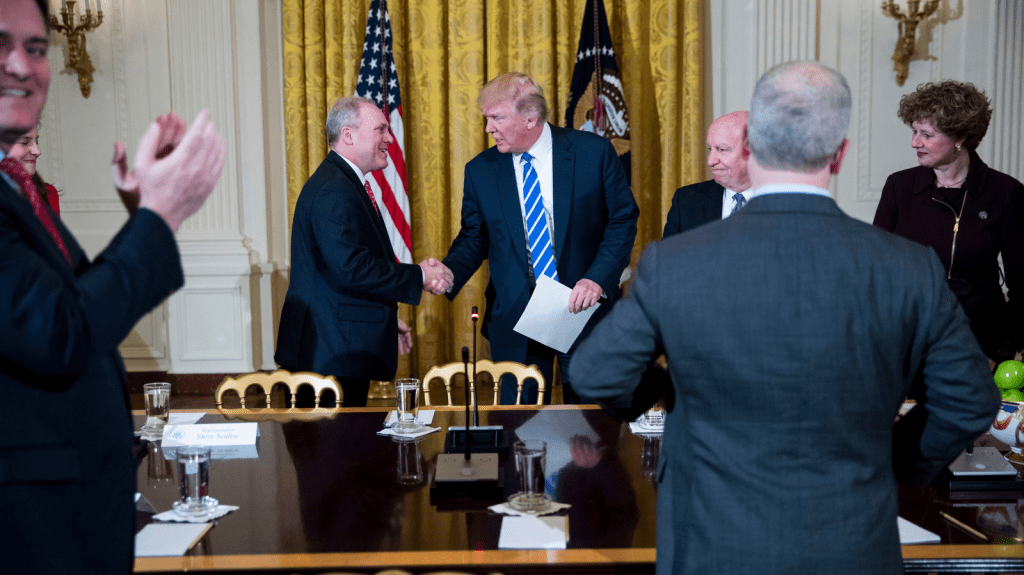
Democrats, however, are expected to fight the proposal aggressively. Senate Majority Leader Chuck Schumer has already called similar ideas “an attack on affordable health care,” though his office has yet to comment directly on Scott’s latest move. Political strategists note that opposing the bill could be risky for Democrats in a year when inflation and rising health care premiums continue to frustrate middle-class voters.
For Scott, the timing of his announcement is no accident. The Senate has been at a standstill over health care funding since the government shutdown earlier this fall, with Democrats pushing to extend Obamacare subsidies for another year. Trump’s rejection of that extension, coupled with Scott’s legislative response, signals a coordinated effort to redefine the issue entirely. “Schumer wanted to make health care the Democrats’ winning issue for 2026,” one GOP strategist told Fox Digital. “Now, Trump and Scott have flipped the script. They’re saying, ‘We’ll keep the money flowing — but directly to the people, not the insurers.’”
Health economists say the concept isn’t new but could be revolutionary if executed properly. Health Savings Accounts, or HSAs, allow individuals to save money tax-free for medical expenses. Under Scott’s proposal, those accounts could be automatically credited with federal funds currently used for Obamacare subsidies. Supporters argue that such a model would foster competition among providers and reduce unnecessary spending.
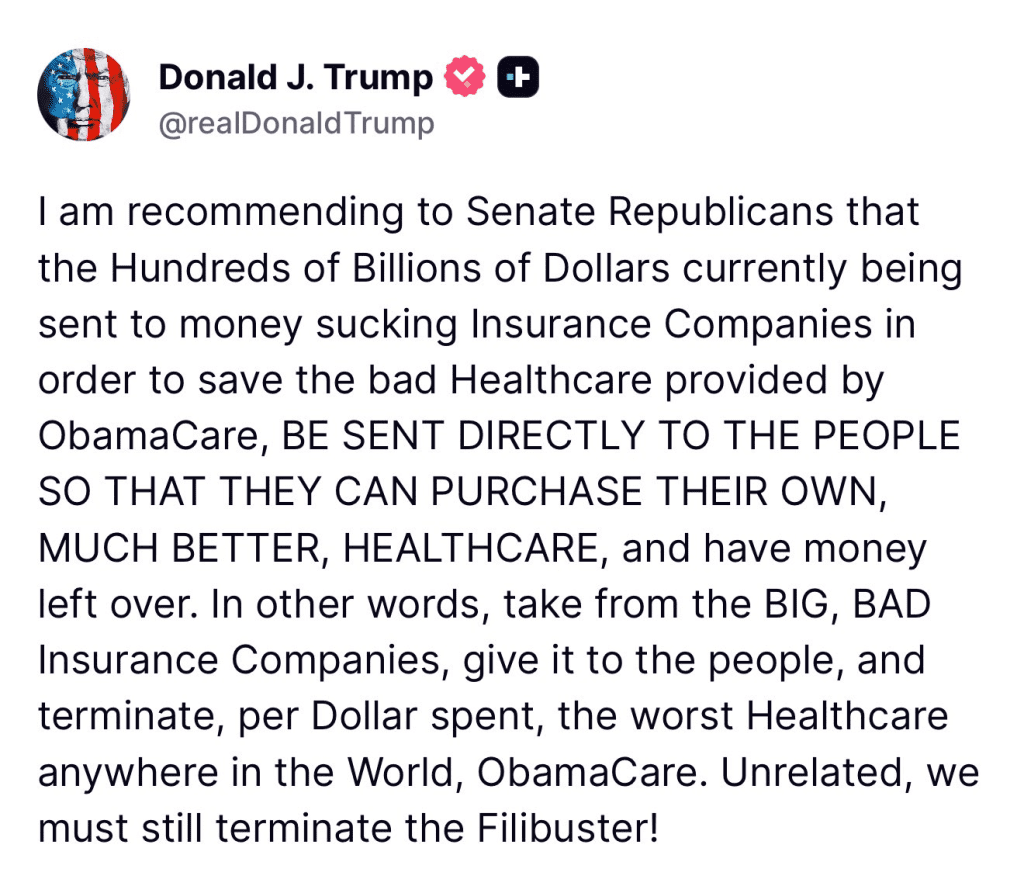
A 2019 Health Affairs study found that consumers with HSAs spend up to 10% less on medical services without sacrificing care quality, largely because they are more engaged in their purchasing decisions. “When people use their own money — even when it’s federally funded — they shop smarter,” said Dr. Roger Klein, a former federal health policy adviser. “That’s what drives innovation and efficiency. Scott’s bill could unleash that across the entire system.”
President Trump’s renewed focus on health care has taken many by surprise. After his decisive reelection, much of his early agenda focused on border security, trade, and energy independence. But insiders say Trump sees health care reform as a legacy-defining issue. “He wants to finish what he started in 2017,” said a campaign source. “This time, with a stronger party behind him, it’s within reach.”
Senator Scott, who once built one of the largest hospital companies in America before entering politics, has long positioned himself as a health care reformer. His proposal echoes themes he has championed for years: transparency, accountability, and competition. Critics point out that HSAs primarily benefit higher-income earners who can afford to save money, but Scott’s version seeks to counter that by using existing federal subsidies to fund every eligible American’s account directly.
“This is not about tax shelters for the wealthy,” Scott emphasized. “This is about giving working families and small business owners the ability to choose their doctors, manage their own care, and stop being dependent on insurance bureaucracies.”
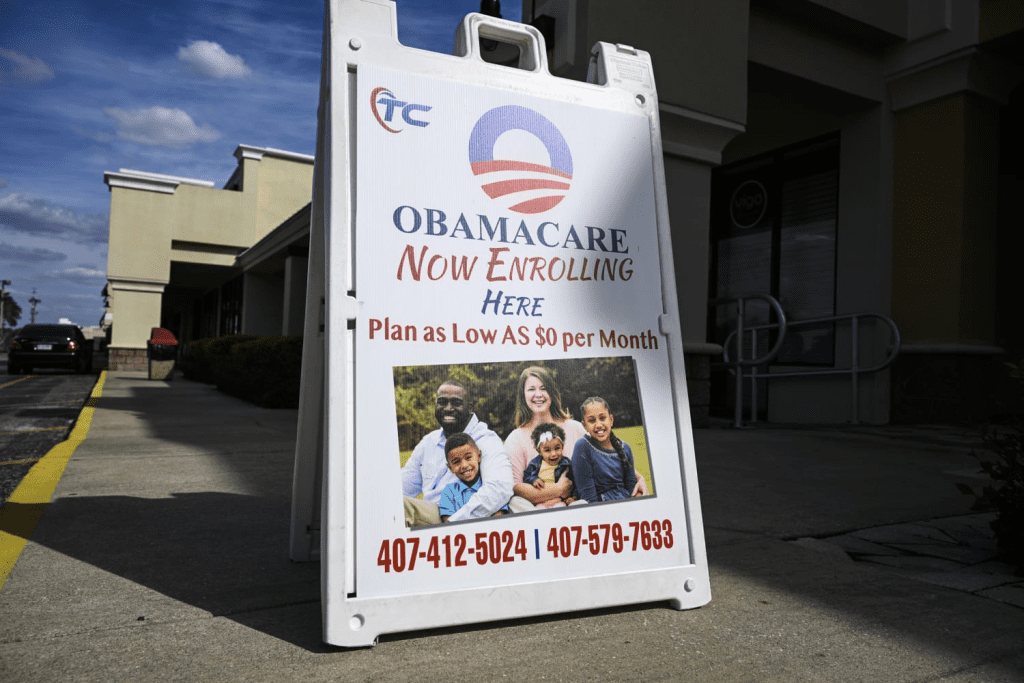
Meanwhile, Democrats are preparing their counteroffensive. Schumer’s allies are expected to frame the bill as a giveaway to private markets that could erode essential protections for low-income Americans. But the optics are complicated: opposing direct payments to citizens could easily backfire politically. “Schumer’s in a tough spot,” noted Republican strategist Kellyanne Conway. “How do you tell voters that you oppose a plan that gives them more choice and puts cash directly in their pockets?”
The proposal is still being drafted, but early reports suggest that it would phase out insurer subsidies over a two-year period, with funds gradually redirected to individuals through a new system of federally overseen accounts. Americans could use those funds to pay for premiums, prescriptions, or out-of-pocket expenses — including alternative care options. “It’s about freedom,” said a senior Republican aide. “Freedom to choose your plan, your provider, and how to spend your money — not Washington telling you what you can and can’t do.”
The White House has not yet commented officially on the legislative text, but senior administration officials have indicated strong support. “President Trump believes this is the right direction for America’s health care system,” one adviser said. “We’re moving away from the top-down model of Obamacare toward a bottom-up model built on personal choice and responsibility.”
As the bill moves toward introduction, analysts expect it to spark one of the fiercest policy battles of Trump’s second term. But within the Republican Party, momentum is clearly on the side of reform. “This is a smart political play and a sound policy move,” said former House Speaker Newt Gingrich. “It’s pro-family, pro-market, and pro-freedom — everything Obamacare isn’t.”
In the coming weeks, the legislation will likely define the contours of the broader health care debate in Washington. For now, Senator Rick Scott stands at the center of it — delivering what could become one of the defining conservative reforms of the post-Obamacare era. And as President Trump made clear in his post: “It’s time to give the power — and the money — back to the people.”
